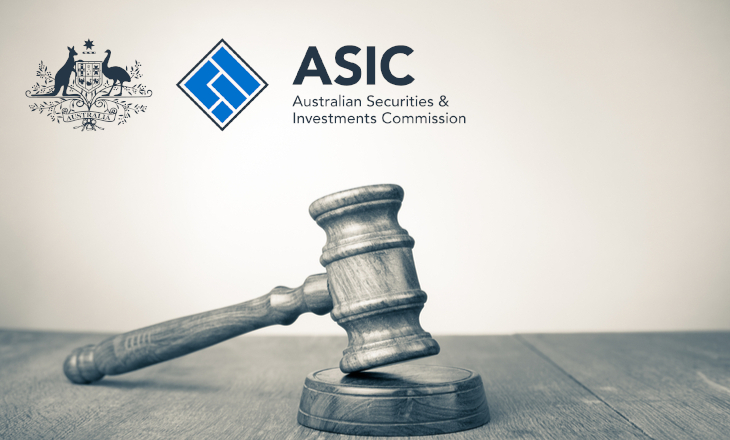In a significant development in the realm of financial regulation, former Greater Sydney-based investment manager Rodney Forrest has pleaded guilty to insider trading and providing unlicensed financial advice. This case, highlighted by the Australian Securities and Investments Commission (ASIC), underscores the ongoing battle against financial misconduct in Australia’s investment landscape.
The Charges Against Rodney Forrest
Forrest admitted to two counts of insider trading during a court appearance at Sydney’s Local Court on Tuesday. The charges stem from his activities between August and September 2024, during which he allegedly acquired approximately $2.6 million worth of shares in Platinum Asset Management. Crucially, Forrest is accused of possessing confidential information regarding a takeover offer for the company, which he used to inform his trading decisions.
In addition to the insider trading allegations, ASIC has also charged Forrest with operating a financial services business without an Australian Financial Services (AFS) licence from January to October 2024. This unlicensed activity raises serious concerns about the integrity of financial advice being provided to investors.
ASIC’s Role and Regulatory Framework
The ASIC plays a pivotal role in maintaining the integrity of Australia’s financial markets. The regulator’s investigation into Forrest’s activities was facilitated by its advanced real-time trading surveillance technology, which is designed to detect suspicious trading patterns. This case marks a significant milestone as it is one of the first to be referred to the Federal Court under its expanded criminal jurisdiction, a move aimed at enhancing the enforcement of insider trading laws.
The charges against Forrest are particularly noteworthy as they represent the first outcome from ASIC’s newly established criminal investigation task force, launched in late 2024. This task force was created in response to growing concerns about insider trading and aims to strengthen the enforcement of laws designed to protect investors and maintain market integrity.
Legal Implications and Potential Penalties
Insider trading offences in Australia are governed by section 1043A of the Corporations Act, which carries severe penalties. Convictions can result in a maximum prison sentence of 15 years and fines of at least $1.48 million. The seriousness of these penalties reflects the Australian government’s commitment to combating financial crime and ensuring that all market participants operate on a level playing field.
Forrest’s guilty plea will be taken into account during sentencing, which is scheduled for a mention in the Federal Court on September 5, 2025. The outcome of this case could set a precedent for future insider trading prosecutions and serve as a warning to others in the financial sector.
The Broader Impact on the Financial Sector
The implications of this case extend beyond Forrest himself. It serves as a stark reminder of the importance of compliance with financial regulations and the potential consequences of unethical behavior in the investment community. As the financial landscape continues to evolve, the need for robust regulatory oversight becomes increasingly critical.
The ASIC’s proactive approach in detecting and prosecuting insider trading is essential for maintaining investor confidence and ensuring the integrity of financial markets. This case could encourage other regulators worldwide to adopt similar measures, reinforcing the global fight against financial misconduct.
Conclusion
Rodney Forrest’s guilty plea to insider trading and unlicensed financial advice highlights the ongoing challenges faced by regulators in safeguarding the integrity of financial markets. As the case progresses through the legal system, it will be closely watched by industry stakeholders and regulators alike. The outcome will not only impact Forrest’s future but could also shape the landscape of financial regulation in Australia for years to come.




